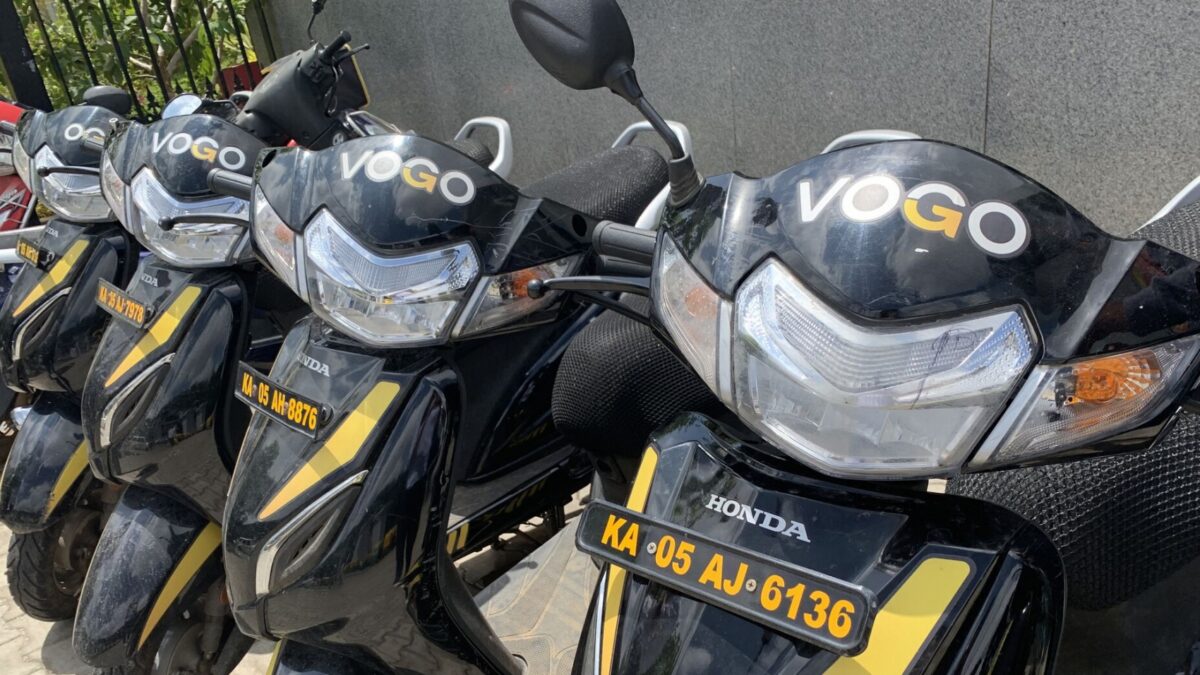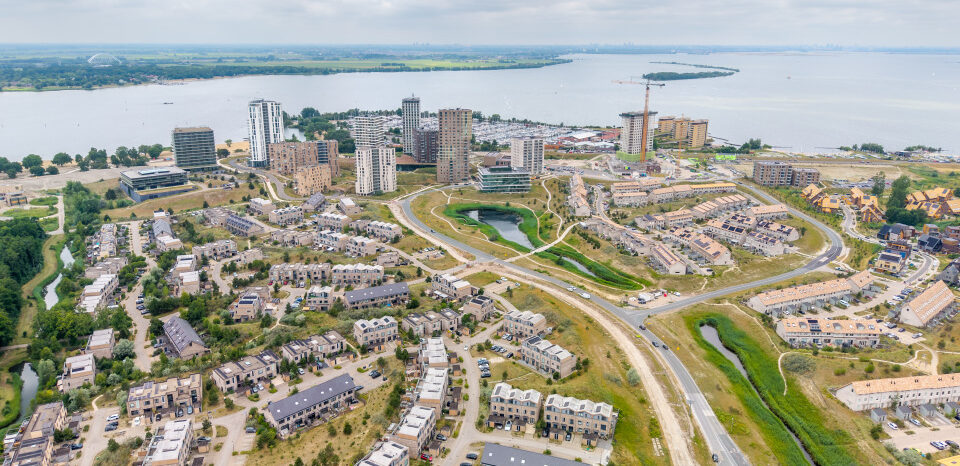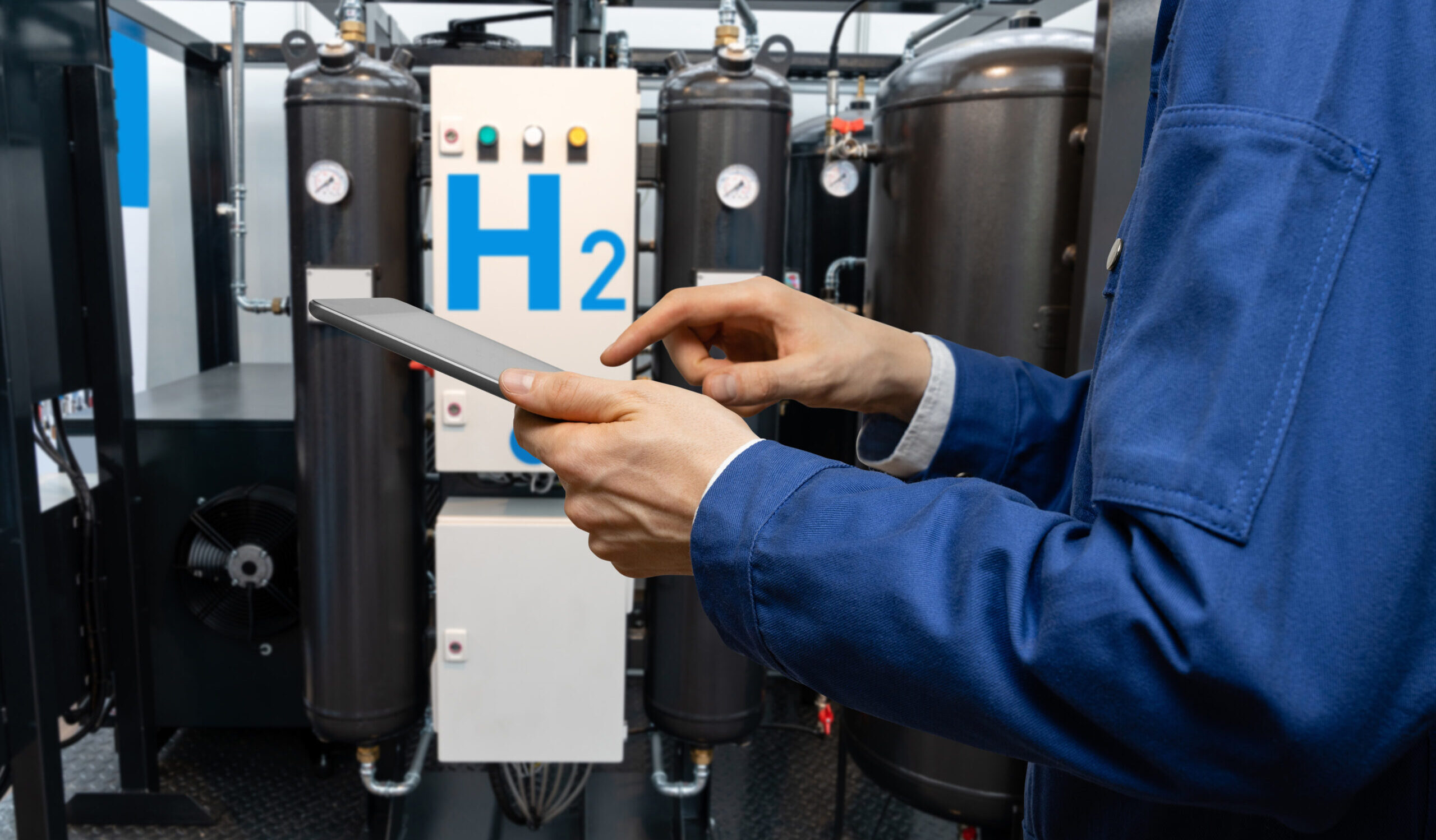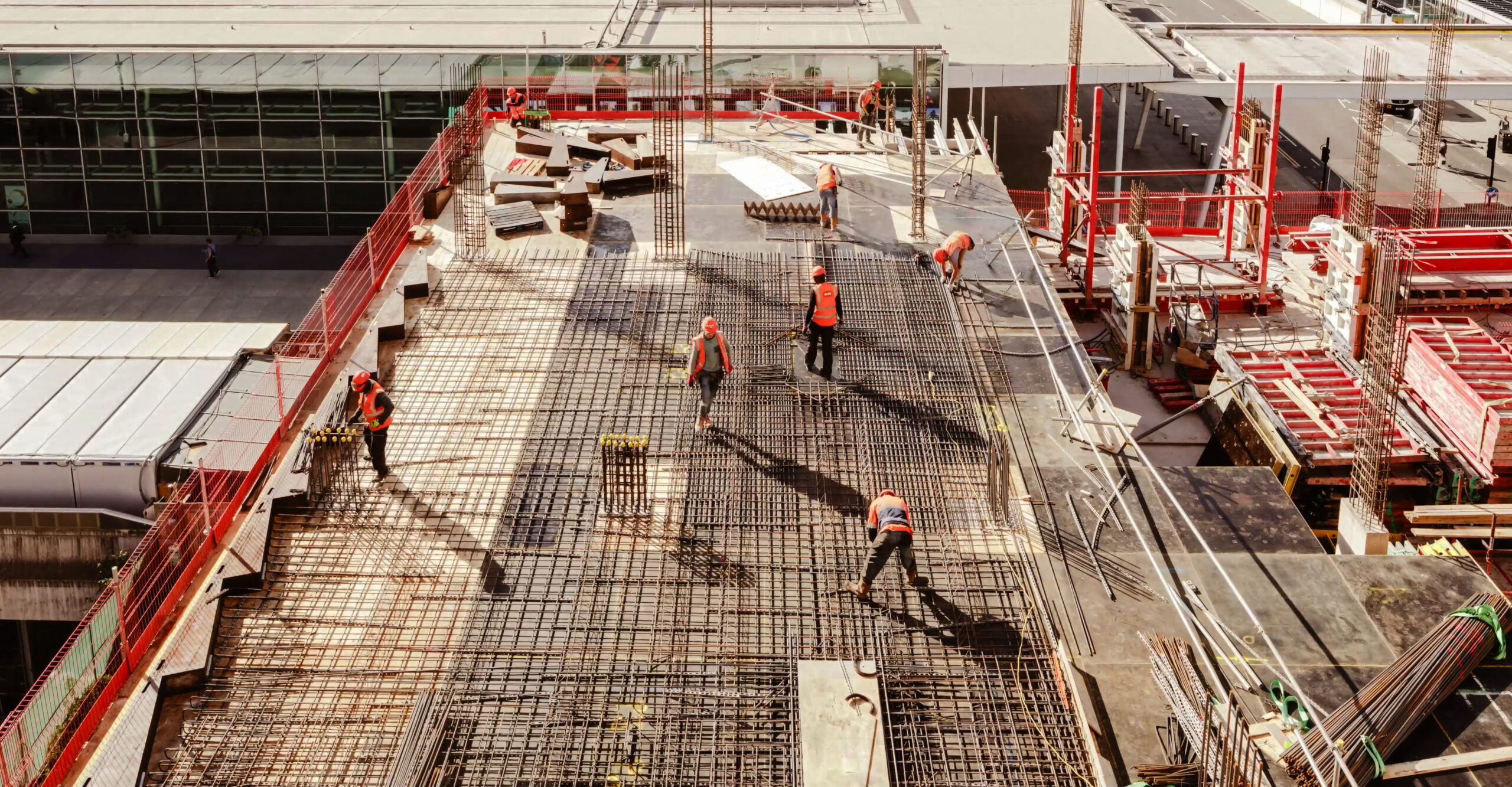Leadership Vanguard’s Low Carbon Cities team travelled to Bangalore to explore partnership opportunities with a local impact enterprise, Vogo, that works to reduce the city’s pollution and congestion challenges.
I’ve just returned from my second visit to Bangalore this year, where I was joined by business leaders from Shell, HSBC, TATA Motors, EDP and TATA Steel as part of the Leadership Vanguard programme, Xynteo’s year-long leadership experience.
Since our last visit to Bangalore in April, we selected two impact enterprises, TrashCon and Vogo, to collaborate with as part of the Leadership Vanguard programme. This trip was dedicated to working with Vogo, a dockless scooter rental company providing an innovative solution to improve mobility in Bangalore. They plan to electrify their fleet in the next 12-24 months, which will help to reduce the dangerous levels of pollution, health and congestion challenges the city is grappling with.
We travelled back to Bangalore and meet with the team at Vogo so we could sit with them face to face, as part of our commitment to explore collaboration opportunities together.
Through workshops and meetings, we explored how we could support Vogo’s scaling ambitions and create fruitful partnerships between them and the Vanguard partner organisations in the process. The trip was insightful for a number of reasons but there were three standout lessons:
1. Talking to real customers is fundamental
We got to challenge our assumptions by standing in the customers’ shoes, while also getting a sense of the user experience, and a better appreciation of the problem that Vogo is solving. We understood the practical challenges, such as refuelling the bikes quickly, maintenance and traffic violations which rendered some bikes unusable.
We also gained better insights about the critical success factors. Many of the docking stations are attended by a Vogo employee which initially seemed a sunk cost given the automated nature of the service. In reality, this individual is critical for troubleshooting, encouraging people to sign up and refuelling/maintenance. This ensures a positive end to end user experience.
2. Don’t forget the value chain when scaling
It can be easy to get a tunnel vision when you focus down to a specific problem. When looking at complex problems, it’s critical to take a systemic view instead of looking at a single innovation in isolation. It is key to consider how all the pieces of the value chain will fit, and scale, together. By considering opportunities more holistically, we avoid creating further unintended consequences. There are huge dependencies on the value chains that surround each enterprise. By stepping back to appreciate the systemic issues, we are able to consider the scale of the challenge and opportunities, and design interventions more holistically to avoid creating further unintended consequences.
3. Find short term and long-term opportunities
Through our discussions we identified many opportunities. Some short term, some long term, some collaborative and strategic, while others are tactical or opportunistic. The short-term enthusiasm and commitment help to get things moving, mobilising resources and budgets to cultivate action, whilst the longer-term value propositions help to ensure the collaboration is sustainable and compelling enough to engage multiple partners.
Multi-stakeholder partnerships are really hard to develop. Finding enough skin in the game for all parties and sharing the risks and rewards in the process is challenging. But being on the ground in India, learning, pivoting and adjusting as we go – we give ourselves the best opportunity to demonstrate our leadership in ways that are more market relevant. We’re able to understand the practical challenges but also appreciate the ways in which big businesses can use their influence, scale and knowledge to accelerate partnerships for successful scaling.
Martijn Dekker from Shell and Avneesh Gupta from TATA Steel were two of the leaders on the trip who found it a very valuable experience.
“With a better understanding of the system challenges, bringing the various players in the value chain together in a face-to-face panel discussion was invaluable. The personal connects not only added more depth to our understanding, but also allowed us to start building bridges and collaborations to collectively work on solutions to the micromobility system challenges”, Dekker stated.
Gupta concluded that “reconnecting face-to-face with our identified partner, Vogo, helped in conveying the sincerity of our team’s purpose and commitment to help them in their growth journey. Demonstrating exclusivity, deep dives into possible growth options and facilitating network building were perhaps possible, only because of this visit.”
Later this month, the other half of the Low Carbon Cities theme team will go back to Bangalore to visit TrashCon, to explore potential collaborations around Bangalore’s waste management challenges.
–
Stay up to date with our latest interviews by following us on social media (LinkedIn I Twitter), or Contact Us to find out how we can help your leaders and organisation create people and planet-positive impact.



